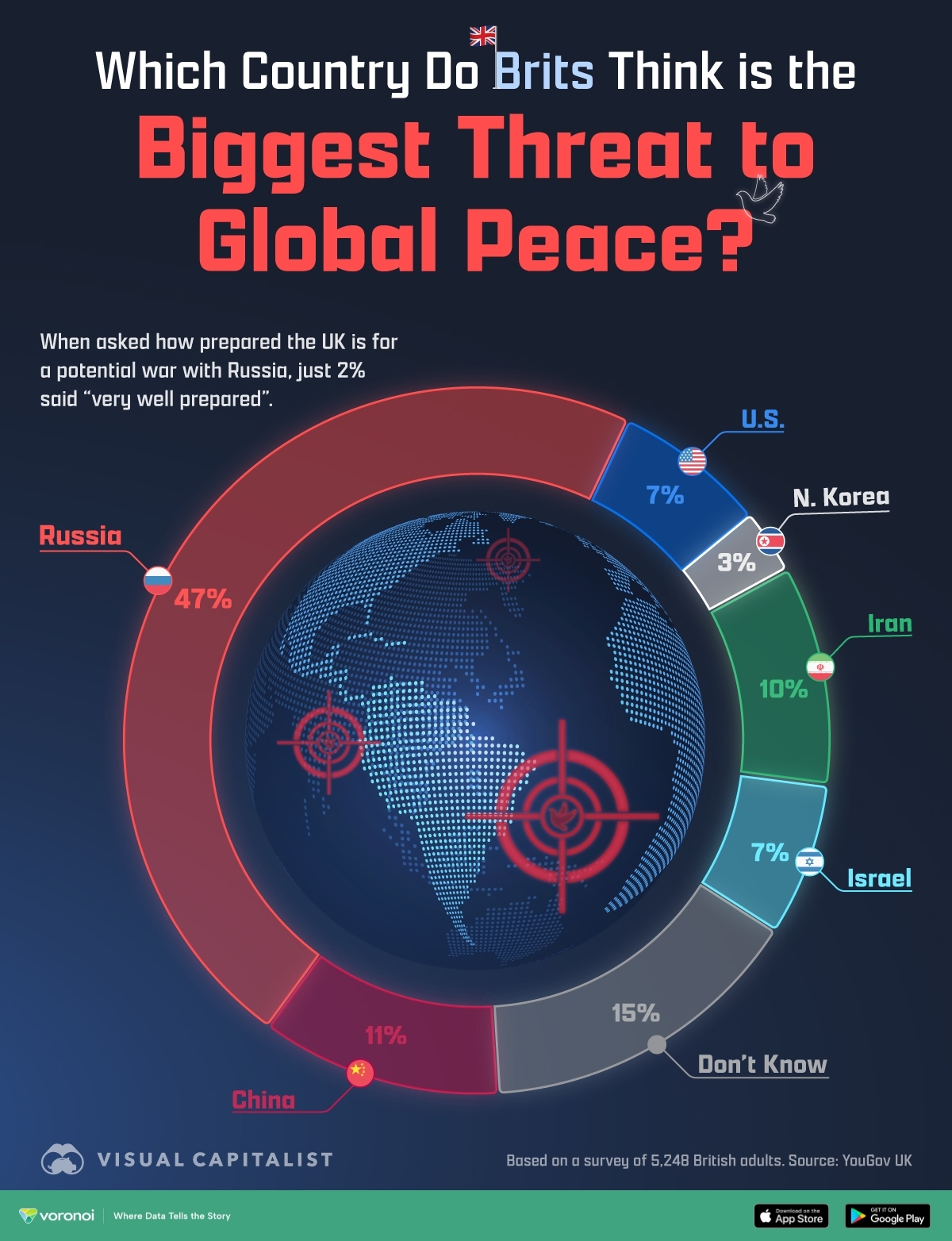
Why do people think computers can't think?

The notion that computers cannot think is rooted in several philosophical, technical, and perceptual reasons, as outlined in the following sources:
Misconceptions About Creativity and Intelligence
Many people believe that creativity, intuition, and emotional understanding are unique to humans and cannot be replicated by machines. This stems from the idea that these qualities require a mysterious, unexplainable "gift" that computers lack. Marvin Minsky argues against this, suggesting that there is no substantial difference between ordinary thought and creative thought, and that machines can simulate random behavior and perform tasks that go beyond their explicit programming12.
Limitations of Computation
Neurosurgeon Michael Egnor and other critics argue that computation is fundamentally different from thought. According to Egnor, computation is an algorithmic process that is indifferent to meaning, whereas human thought is intentional and carries meaning. This distinction suggests that computers, despite their computational power, do not truly think because they do not understand or generate meaning in the way humans do3.
The Turing Test and Its Criticisms
The Turing test, proposed by Alan Turing, aims to determine if a computer can exhibit intelligent behavior indistinguishable from that of a human. However, critics like Hector Levesque argue that the Turing test may not be a useful measure of machine intelligence because it encourages the development of AI that is good at deception rather than genuine intelligence. This criticism highlights that current AI systems may mimic human-like behavior but do not necessarily think in the way humans do4.
Historical and Technical Perspectives
The early designers of computers viewed them as machines for numerical computations, not as entities capable of thought. This historical perspective has influenced many experts to believe that computers are limited to their programming and lack the capacity for true thought or self-awareness. Minsky addresses this by pointing out that even early programs were capable of more than their designers envisioned, but this does not change the underlying skepticism about machines' ability to think12.
Analogies and Misunderstandings
The analogy between the human mind and computers (often described as "software and hardware") is criticized for being overly simplistic and misleading. This analogy misuses terms from computer science and does not accurately reflect the complexities of human thought and the brain's functioning. Critics argue that relying on such analogies hinders the development of AI that truly mimics human intelligence5.
In summary, people think computers can't think due to a combination of factors, including the perceived uniqueness of human creativity and intelligence, the limitations of computational processes, the criticisms of current AI evaluation methods like the Turing test, historical perspectives on the role of computers, and the misuse of analogies between human minds and computer systems.